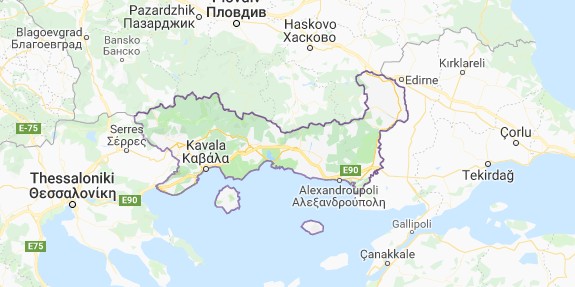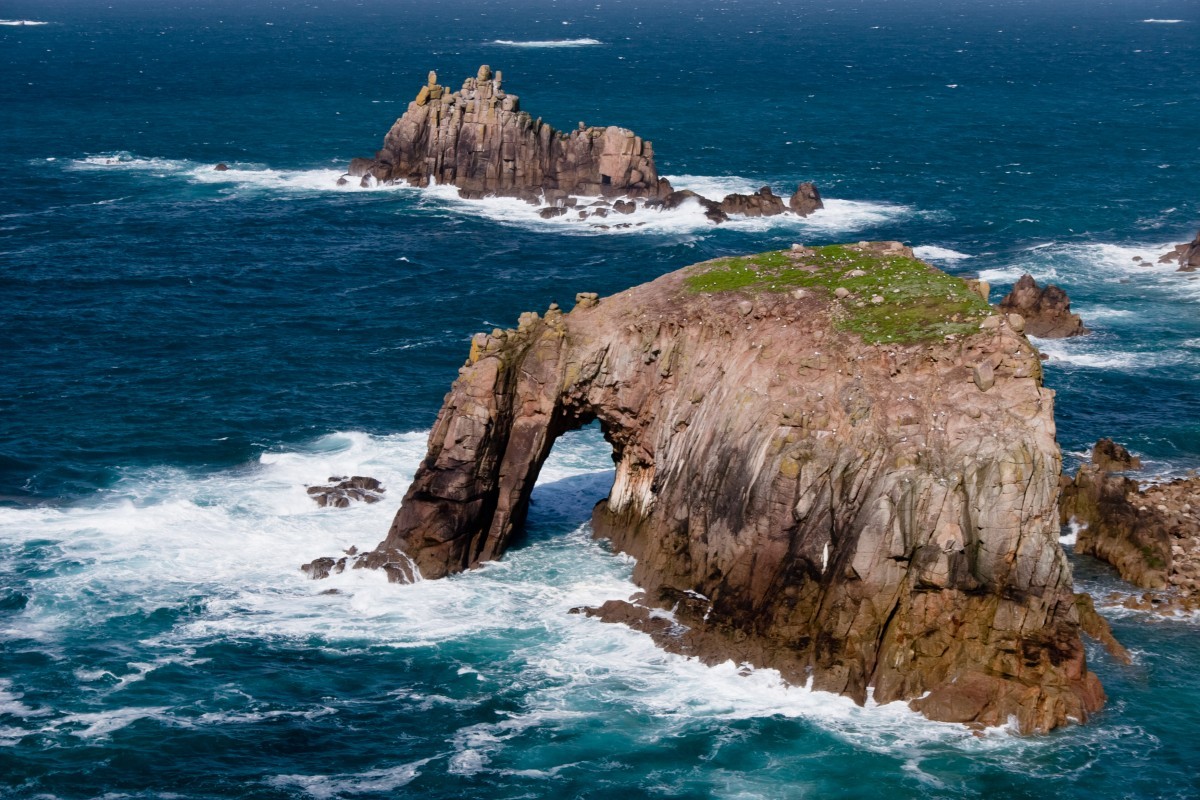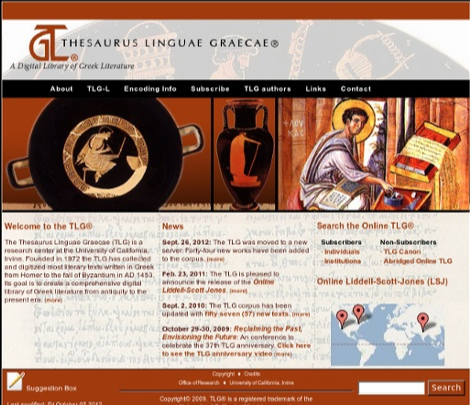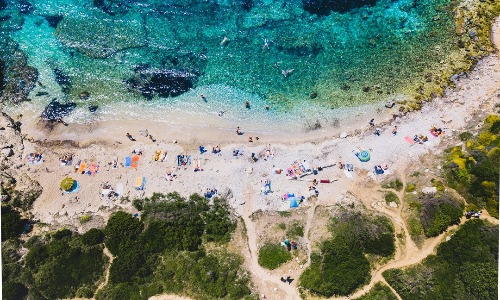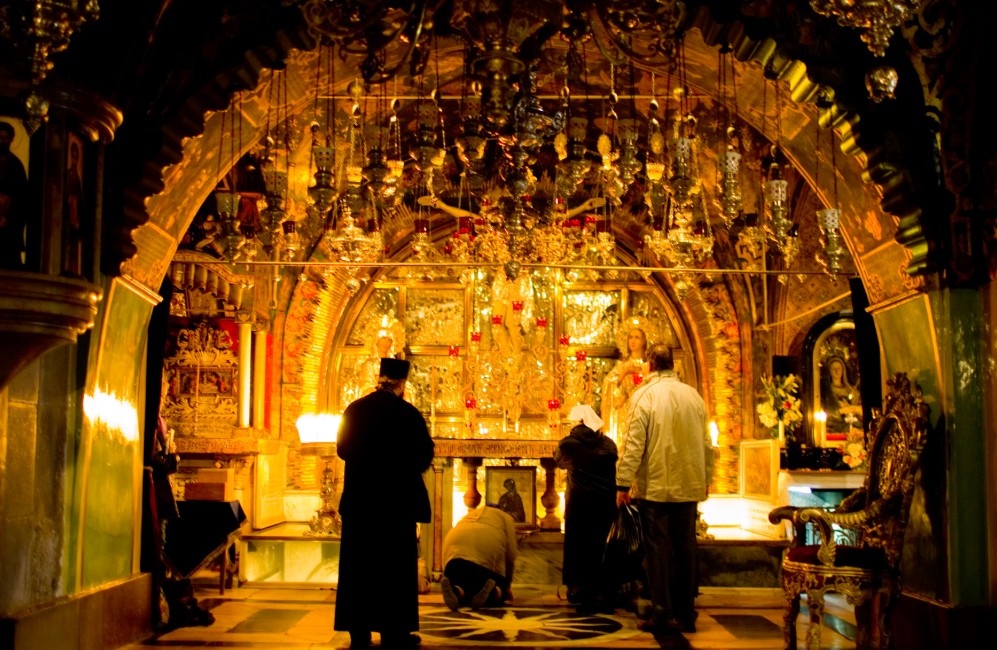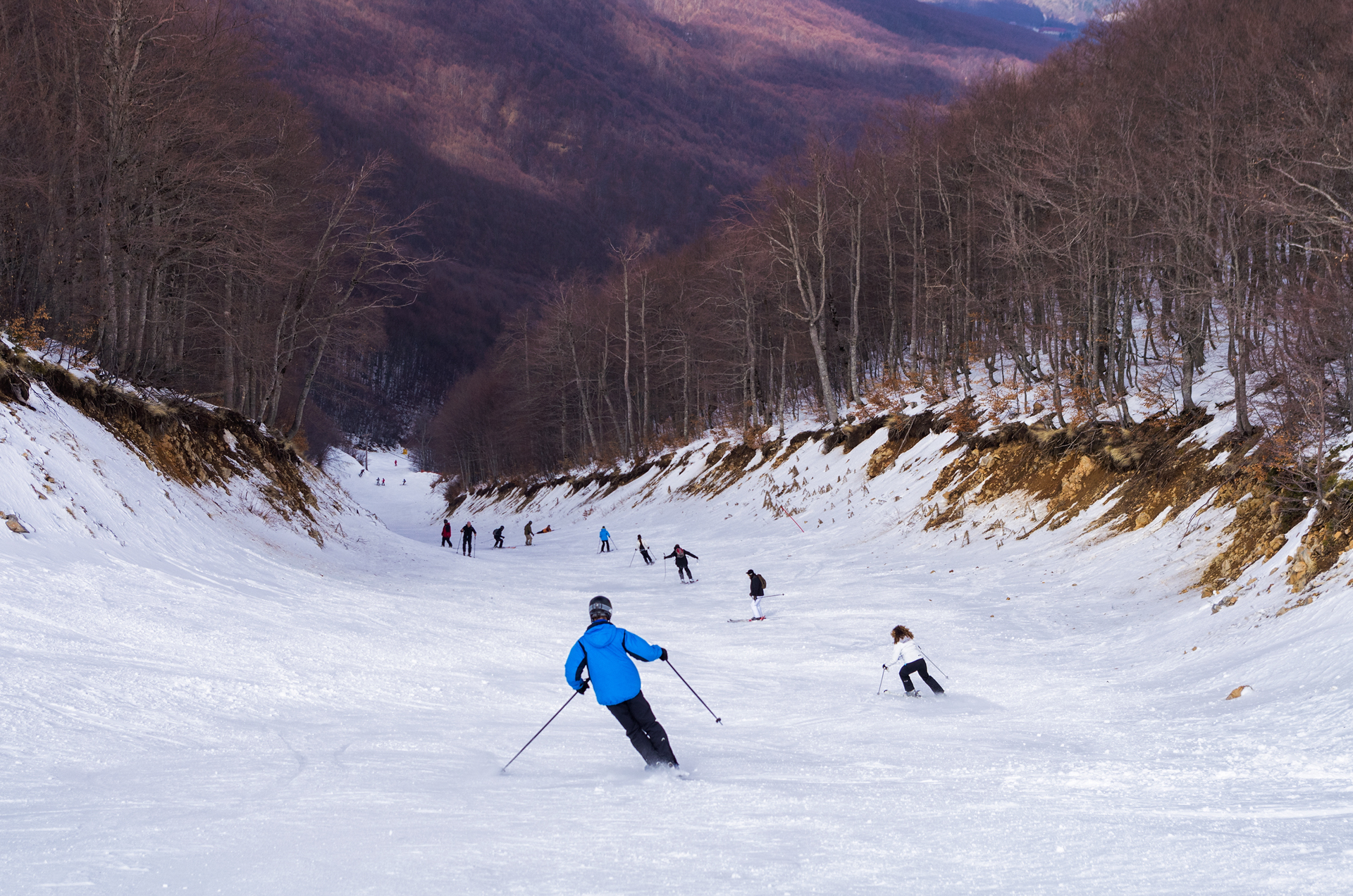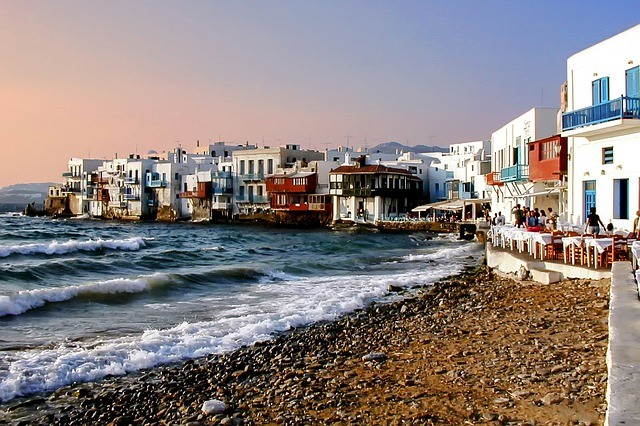During the Easter period, it is worthwhile to make time and take a few days to escape from the daily routine, and visit the magnificent island of the Phaeacians, which during this period, it has, as it is well known, its honorable place.
The reasons why you should organize your trip are many, but primarily it is that you will experience many insightful moments, and very different to what may have experienced until now; something which will make you relate this grand holiday with the island. Corfu, during the festive days of Easter is inundated by visitors, and filled with the sounds of the philharmonic orchestras.
The Easter period commences with Palm Sunday: This day is dedicated to the salvation of the city from the plague, as gratitude to the Saint Spyridon, in 1630. In memory of this event, the procession of the relics of Saint Spyridon throughout the streets of the island, takes place with the escort of the philharmonic orchestra. During midday of the same day, do not miss out on tasting the traditional food of the day which is served in all of the houses and taverns; Stakofisi, or cod-fish.
Easter Week
Procession, fasting and the awaiting for the resurrection, are the distinguishing features of this week in Corfu, just like nonetheless in all of Greece. If you have time, it is a good suggestion to tour the villages and enjoy their beauty, during a period where nature awakens once again, and is adorned with its spring attire. The scents and the colors from the flowers, in combination with the blue of the sky, compose an exceptional landscape. Visit the numerous monasteries, and listen to the hymns of Kassianis and the Twelve Books of the Bible.
Admire the Venetian houses, the culture of the local people, savor the traditional delicacies and attempt to learn everything about their customs and traditions. There is no better way to discover an area, than getting in contact with the local residents and listening to the stories that they have to tell.
Visit Agios Thanasios at Argo, Kyra Kokkinada at Lefkimmi, or if you are in town, enjoy Byzantine melodies at Ag. Gianni, visit the monastery at Agias Efimias at Mon Repos, Platytera at Mantouki, Agios Theodoros at Garitsa, and the Cathedral.
Listen to the polyphonic church music which fills the narrow pathways of the town, a psalmody which originated from Crete in the 17th century, and is well known as “Cretan music.”
Good Friday: the day of the Epitaph
The procession of the Epitaph on the island commences very early, so that the philharmonic orchestras are able to escort the Epitaphs of every church.
As the time passes, all the more Epitaphs gather, and as a result, many happen to come across each other at different parts in town. The last Epitaph is that of the Cathedral, the most majestic of them all, accompanied by all the priests of the town, a crowd of the religious faithful, and the sounds of funeral marches of the three main philharmonic orchestras:
the red [or old] founded in 1940, the blue [Mantzaros] which was founded in 1890 and the orange [Kapodistrias] which was founded in 1980.
Easter Saturday
The first “Resurrection” occurs at 11.00 am and the custom of the “botides” [pots filled with water] which are thrown from the balconies in the old quarter of the town draws much attention.
This custom which originated from the town, and now has spread to the villages, has its origins from the time of the Enetian rule.
Another custom which also takes place in Pinia, in the centre of town, is that of the “mastelas”. The passers- by throw coins in a barrel of water, which is decorated with myrtle tree flowers and ribbons, and with the sound of the church bell ring of the first Resurrection, the first one who manages to dip into the barrel, takes all the coins which have accumulated.
During the evening of this same day, the church of Agias Paraskevis, the church service for the resurrection procession takes place together with the Archbishop, the philharmonic orchestra as well as the crowds of people.
The roll of the drums, together with the phenomenal fireworks, which transform night into day, signal the announcement of the resurrection, whilst the bands take it upon themselves to transmit the glorious message, in their own way, to the entire town.
Easter Sunday
On Easter Sunday, in contrast to the largest part of the remainder of Greece, where the lamb on the spit has its honorable distinction, the Corfiots eat a soup, with different types of meat, leaving the lamb for Easter Monday. Throughout the rest of the week, the events and processions continue, as well as the church fairs, which pleasantly occupy one’s time on the island.

